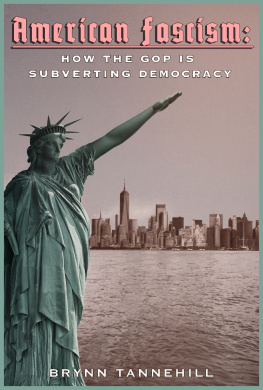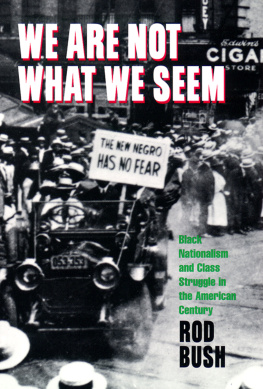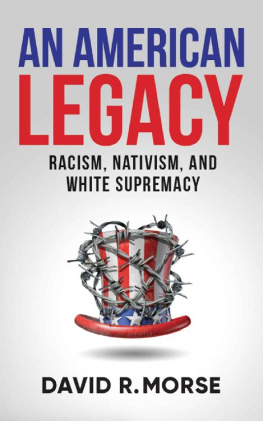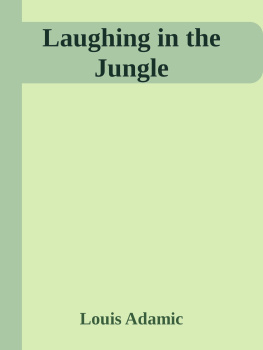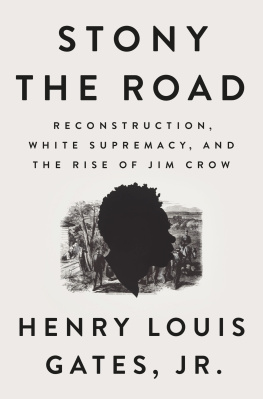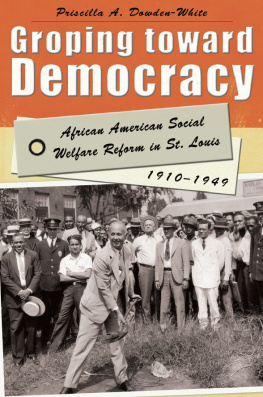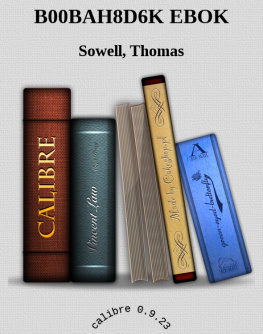2019 by the Board
of Trustees of the University of Illinois
All rights reserved
Library of Congress Cataloging-in-Publication Data
Names: Enyeart, John P. (John Paul), 1970- author.
Title: Death to fascism : Louis Adamics fight for democracy / John P. Enyeart.
Description: [Urbana, Illinois] : University of Illinois, [2019] | Series: The working class in American history | Includes bibliographical references and index.
Identifiers: LCCN 2019001393| ISBN 9780252042508 (hardcover : alk. paper) | ISBN 9780252084324 (pbk. : alk. paper)
Subjects: LCSH : Adamic, Louis, 18991951. | Adamic, Louis, 18991951Political and social views. | Slovenian AmericansBiography. | HistoriansUnited StatesBiography. | Social reformersUnited StatesBiography. | Anti-fascist movementsUnited States.
Classification: LCC E 184. S 65 E 59 2019 | DDC 818/.5209 [B]dc23 LC record available at https://lccn.loc.gov/2019001393
E-book ISBN 9780252051357
Cover image: Louis Adamic at work, date unknown. Courtesy Louis Adamic Papers, Manuscripts Division, Department of Rare Books and Special Collections, Princeton University Library.
For Aidan
Acknowledgments
During the winter of 20078, I read Louis Adamics Dynamite , the first popular history of labor violence in the United States, as I awaited readers reports for my first book on working-class politics. I thought a book that started with the Molly Maguires and ended with the Memorial Day Massacre would help to highlight the central role that authoritarianism, brutality, and murder played in capitalisms growth in the United States. Around the same time, I planned a trip for summer 2008 that included a visit to Ljubljana, Slovenia. I kept reading Louis Adamics work because he was the most popular Slovenian American writer. The more I read, the more Adamics frequent references to fascism captured my attention, and I started to think I should write a biography of this antifascist activist.
Coincidently, my friend George Matthews was heading to Ljubljana that summer too and one night before we embarked on our overlapping vacations we went out for drinks. Georges friend Boris ibej, a reporter working for Slovenias leading newspaper Delo , happened to be in town and he came along to the bar. George taught me the toast I had to know when I arrived in Ljubljana: Smrt faizmu, svoboda narodu (Death to fascism, liberty to the people). Adamic had repeated the phrase often during the war. I mentioned the biography idea to them, and Boris recalled watching documentaries about Adamic on Yugoslav television when he was a child. A week later, he emailed to me numerous stories about Adamic that had appeared in Delo from the 1970s to the present. I remain grateful to George and Boris for the encouragement they provided that night.
Some of the archivists I consulted proved especially invaluable: at Princeton Universitys Firestone Library, Gabriel Swift, AnnaLee Pauls, Linda Oliveira, and Chloe Pfendler, and their counterparts at Narodna in Univerzitetna Knjinica (National and University Library of SloveniaNUK), Marijan Rupert, Matja Lulik, and Samo Kristan. They all helped me to navigate the two largest holdings of Adamic/Adami materials. David K. Frasier at the Lilly Library at Indiana University, Amy S. Wong and Brandon E. Barton at the Charles E. Young Research Library at the University of CaliforniaLos Angeles, Ann Sindelar at the Western Reserve Historical Society in Cleveland, and Daniel Necas at the Immigration History Research Center at the University of Minnesota all went out of their way to assist me in gathering Adamic-related materials in the collections their archives hold. I am also grateful for the aid I received from the staffs at the National Archives in College Park, Maryland; the Chicago History Museum; and the people who processed my Freedom of Information Act requests at the Federal Bureau of Investigation. Thanks also to my family in Ohio, Maryland, and New Jersey, who let me stay at their houses when I did research in Cleveland, College Park, and Princeton.
This project also would not have been possible without funding. Bucknell Universitys Deans Fellowship allowed me to take trips to many of the archives listed above, and an award from the Friends of Princeton Library provided me with the resources necessary to spend a month combing through Adamics papers at the Firestone Library. Last, a Fulbright US Scholars Award allowed me to make a follow-up visit to NUK. Thank you to George Shields, Ann Tlusty, and Karen Morin from Bucknell, Linda Oliveira and Christine Lutz from Princeton, and all those at Fulbright who made these research trips possible.
I am eternally grateful to Rachel Batch, Mehmet Dosemeci, James Englehardt, Alice Kessler-Harris, David Roediger, Jennifer Thomson, Amanda Wooden, Bob Zecker, and a reviewer who chose to remain anonymous for reading the entire manuscript. Jennifer Thomson and Amanda Wooden deserve special thanks for helping me when my chapters were at their worst. I knew the book was moving along when Mehmet stopped saying oh, dear God when referring to my writing. James Englehardts constant support and willingness to discuss readers reports and revisions are among the many reasons he is a great editor.
Logan Connors, Julie Greene, Tom Krainz, Khalil Saucier, Rich Schneirov, and Shelton Stromquist read multiple chapters and helped me to think through key concepts. They all made this a better book. Paul Barba, Julian Bourg, Rachel Ida Buff, Michael Drexler, Marisa Egerstrom, Donna Gabaccia, Dan Geary, Kevin Kenny, John Penniman, Doug Rossinow, Joe Scapellato, Anthony Stewart, Gavin Jones, and Richard White all kindly offered their expertise on specific chapters. Each of them came to my aid at key moments in this project. John Bukowczyk provided excellent suggestions on an article I wrote for the Journal of American Ethnic History that served as the foundation for this book. The University of Illinois Press publishes the Journal of American Ethnic History , and I want to thank the press for granting me permission to publish parts of my article Revolutionizing Cultural Pluralism: The Political Odyssey of Louis Adamic, 19321951, Journal of American Ethnic History 34 (Spring 2015), 5890, in various chapters of this book.
I also appreciate the comments I received from my colleagues in the History Department at Bucknell University who read chapters of Death to Fascism in our department colloquia. The members of the Pennsylvania Labor History Workshop, especially Andy Arnold, Rachel Batch, Dennis Deslippe, Francis Ryan, Sharon McConnell Sidorick, Dan Sidorick, and David Witwer, also provided helpful suggestions. Many of these chapters started as conference papers and I want to express my appreciation to those who offered comments on those presentations: Todd Michney, David Roediger, and Fraser Ottanelli. At the 2012 American Studies Association meeting Rachel Ida Buff asked a great question from the audience that got me thinking about Adamic and whiteness. Also, I appreciate the questions about Adamic and diaspora that the University of Maryland history faculty and graduate students asked during a talk I gave there. Thank you, Julie Greene, for inviting me. Geof Garvey and Tad Ringo played vital roles in pushing this book over the finish line. I have a deep gratitude for both Garveys skillful copyediting and Ringos various suggestions as project manager that made Death to Fascism much better than it was before they looked at it.


